Electric toothbrushes have become increasingly popular in recent years, offering a high-tech alternative to traditional manual brushes. As a leading B2B manufacturer of dental care products, we understand the importance of helping our clients and their customers make informed decisions. In this blog, we’ll explore the advantages and disadvantages of electric toothbrushes, focusing on their cleaning ability, comfortable feeling, ability to reduce damage, and whitening benefits.
One of the most significant advantages of electric toothbrushes is their cleaning ability. Powered by advanced motor technology, electric toothbrushes generate thousands of brush strokes per minute, ensuring a thorough clean that manual brushes simply cannot match. Studies have shown that electric toothbrushes can remove up to 100% more plaque than manual brushes, making them highly effective at preventing cavities and gum disease. This superior cleaning performance is a major reason why many people switch to electric toothbrushes.
Electric toothbrushes are designed to provide a comfortable feeling during use. Their ergonomic handles and automated brushing motions reduce the effort required to clean your teeth, making them ideal for people with limited mobility, such as seniors or those with arthritis. Additionally, many models come with pressure sensors that alert users if they’re brushing too hard, ensuring a gentle yet effective clean. This combination of comfort and efficiency makes electric toothbrushes a favorite among users.
Another key advantage of electric toothbrushes is their ability to reduce damage to teeth and gums. Manual brushing often leads to over-brushing or applying too much pressure, which can wear down enamel and irritate gums. Electric toothbrushes, on the other hand, provide consistent and controlled movements, minimizing the risk of damage. Many models also feature sensitive modes for those with delicate teeth or gums, further enhancing their protective benefits.
Electric toothbrushes are often praised for their whitening capabilities. Many models come with specialized whitening modes that use high-frequency vibrations to remove surface stains caused by coffee, tea, or wine. Over time, regular use of an electric toothbrush can help restore the natural whiteness of your teeth, giving you a brighter smile without the need for professional treatments.
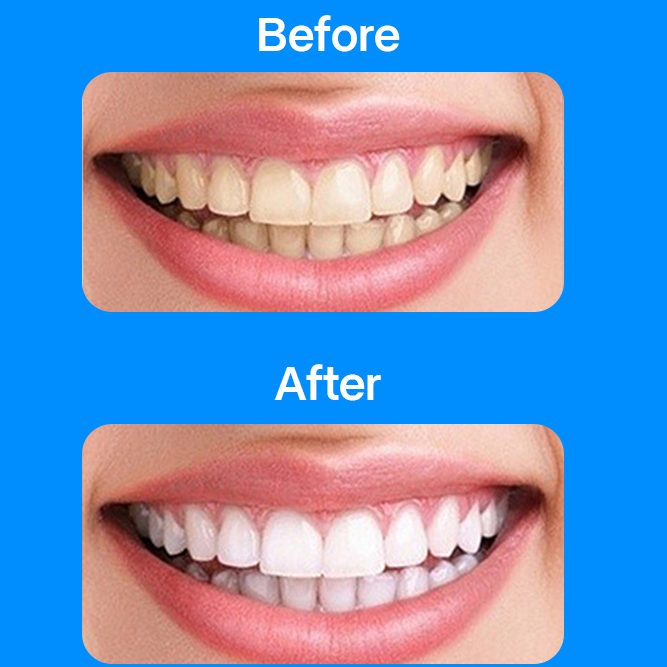
While electric toothbrushes offer numerous benefits, they do come with some disadvantages. The initial cost of an electric toothbrush is higher than that of a manual brush, and replacement brush heads can add to the ongoing expense. Additionally, electric toothbrushes require regular charging or battery replacements, which can be inconvenient for some users. However, many people find that the long-term benefits outweigh these drawbacks.
Another potential downside of electric toothbrushes is the learning curve associated with their use. Some users may need time to adjust to the vibrations and movements of an electric brush. Additionally, electric toothbrushes are less portable than manual brushes, making them less convenient for travel. However, many manufacturers now offer compact and travel-friendly models to address this issue.
Electric toothbrushes offer a range of advantages, including superior cleaning ability, a comfortable feeling, the ability to reduce damage, and whitening benefits. However, they also come with some disadvantages, such as higher costs and maintenance requirements. As a trusted B2B manufacturer, we believe that the benefits of electric toothbrushes make them a worthwhile investment for most users. By understanding both the pros and cons, you can make an informed decision and choose the best toothbrush for your oral care needs. Pair your electric toothbrush with a consistent oral hygiene routine, and enjoy the benefits of a healthier, brighter smile!
.jpg)
Waterproof Failure Causing Material Toxicity? A Silent Risk in Oral Care Manufacturing
.jpg)
How Does Cold Light Wavelength Align with Pediatric Safety?
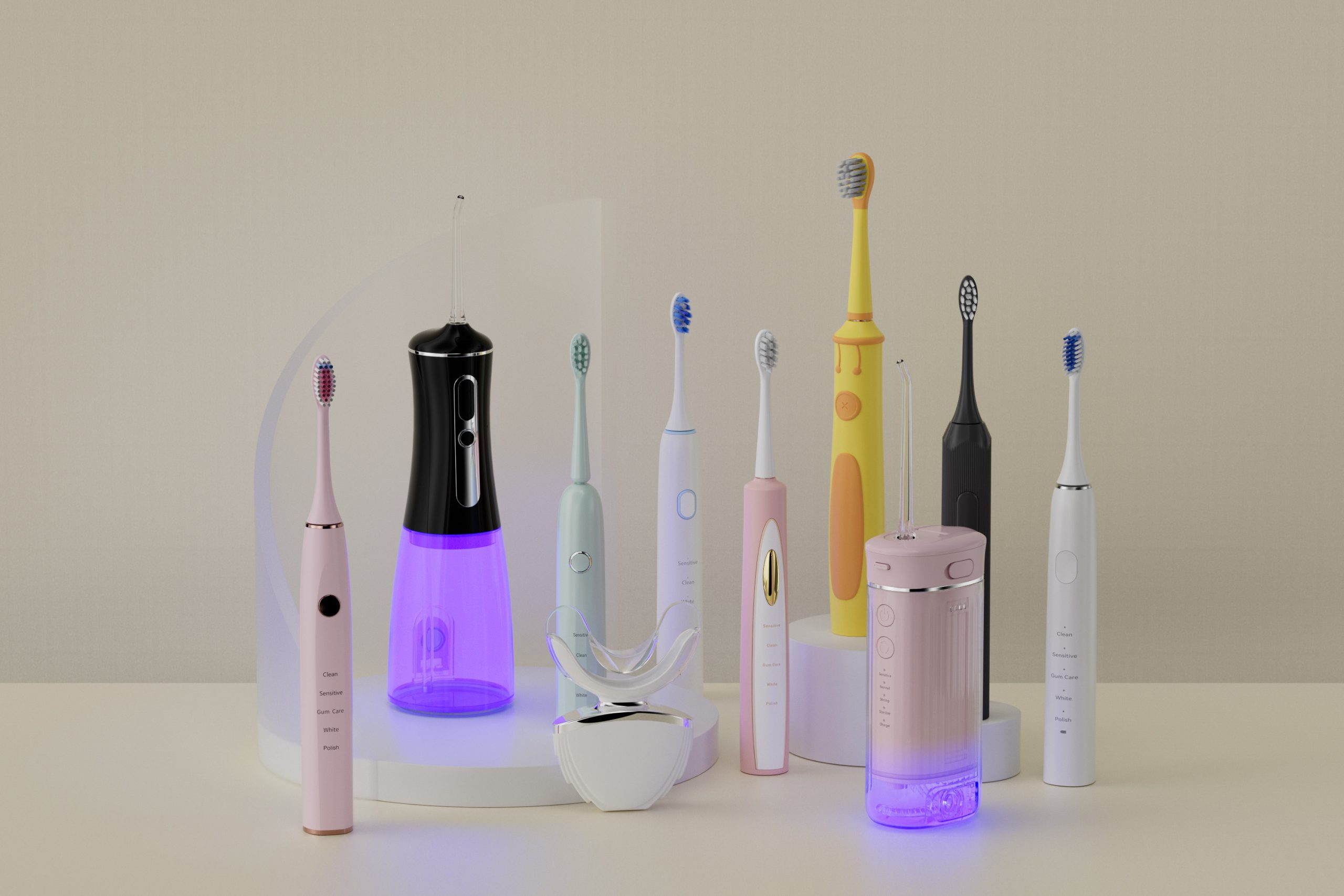
Why choose a Chicago kids toothbrush for your Chicago family toothbrush setup?
.jpg)
Custom Oral Care Products Manufacturer for Private Label Brands
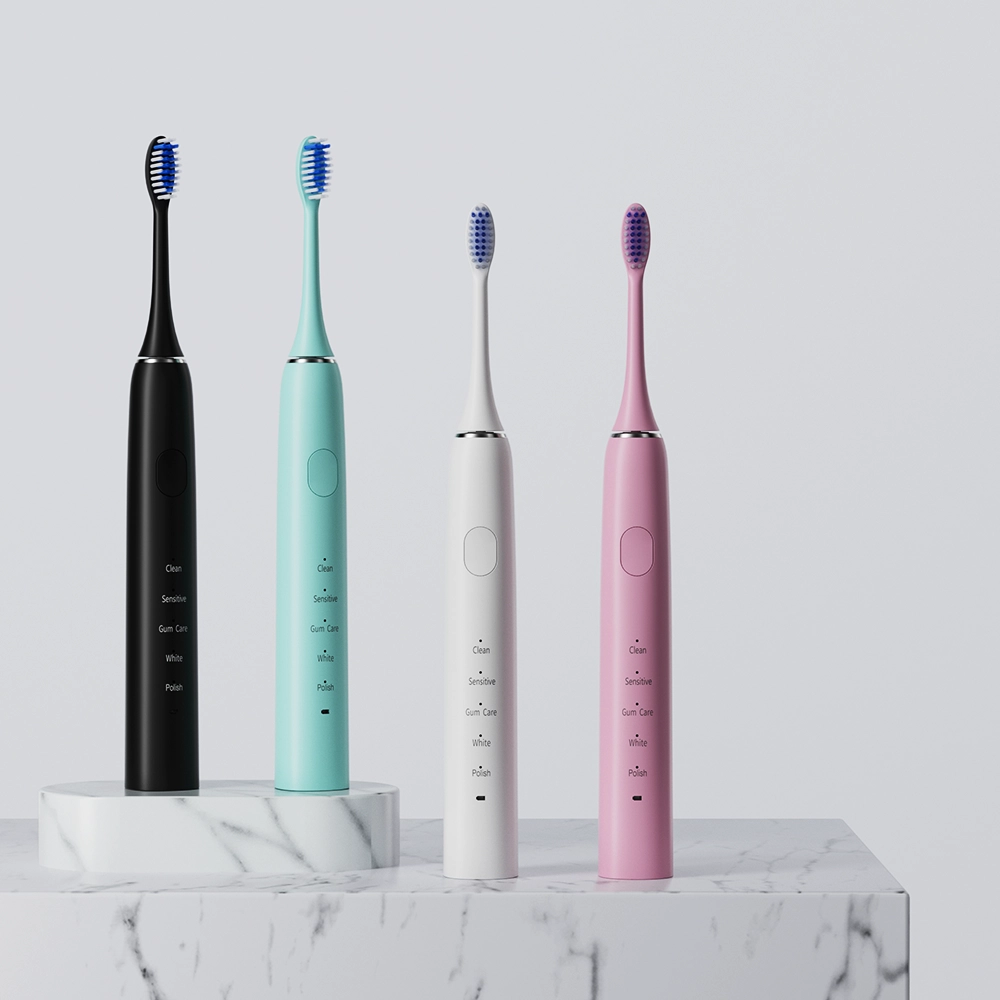
How to choose a reliable electric toothbrush factory?
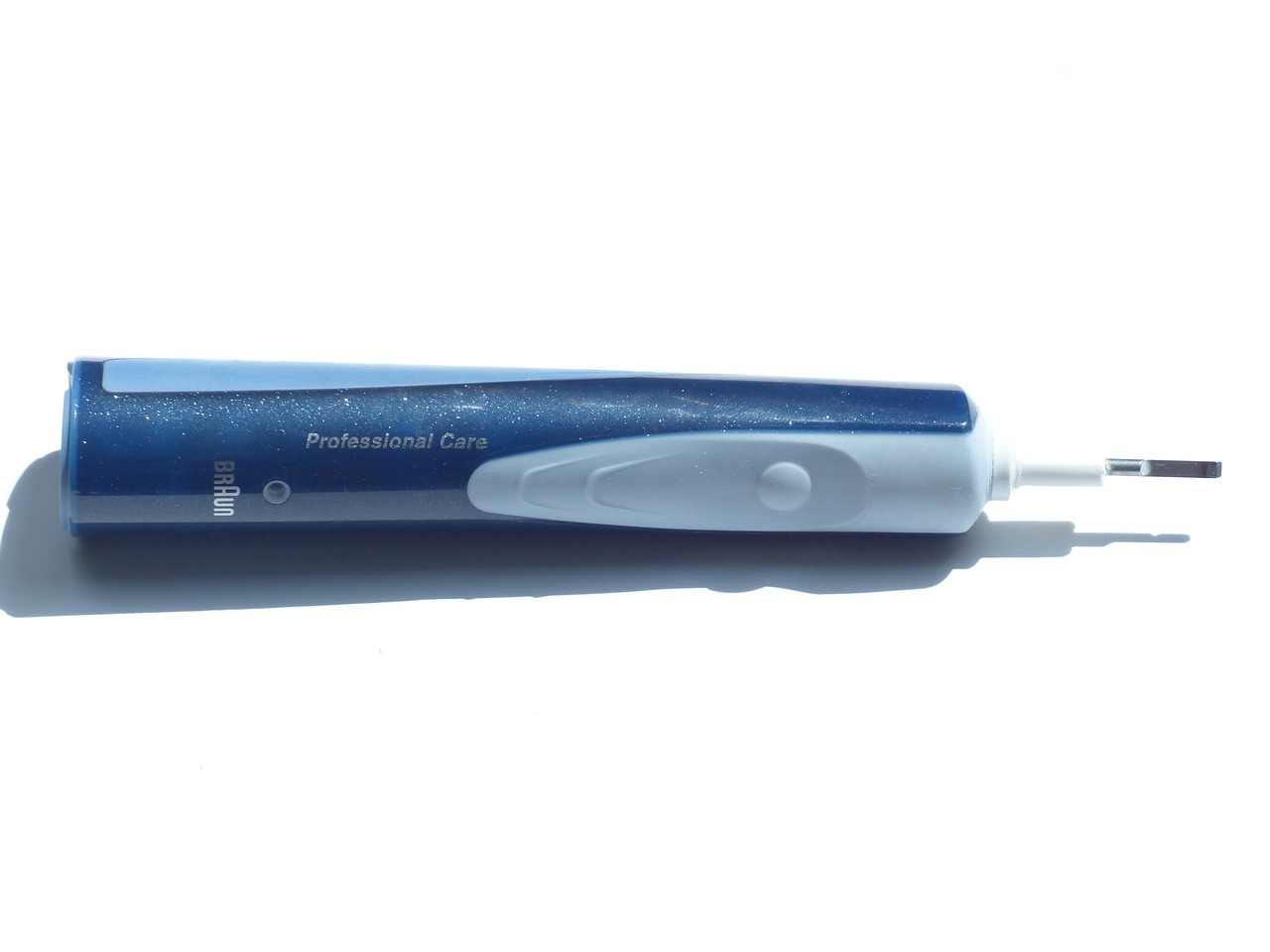
7 Reasons to Start Your Electric Toothbrush Business in 2023

Guide to the daily use of a dental floss rinse: the perfect companion for keeping your mouth clean

ODM process for electric toothbrush
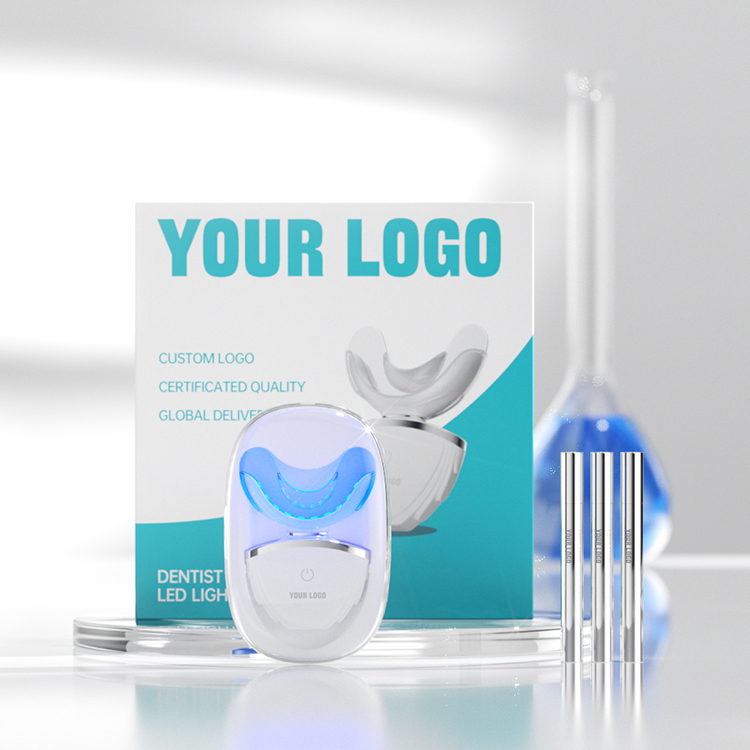
Is Your Water Flosser Saline Solution Compatible for Effective Calcified Deposit Remover?

A Guide to Dentistry for Seniors – Inspiration for Brand Owners to Select Products
.jpg)
How Does Water Flosser Tank Manufacturing Integrate with Water Flosser Accessory Production?
.jpg)
Best Electric Toothbrush for Coffee Drinkers Seattle
.jpg)
Why Does Your Brush head detachment While Suffering Decibel Level Discomfort?
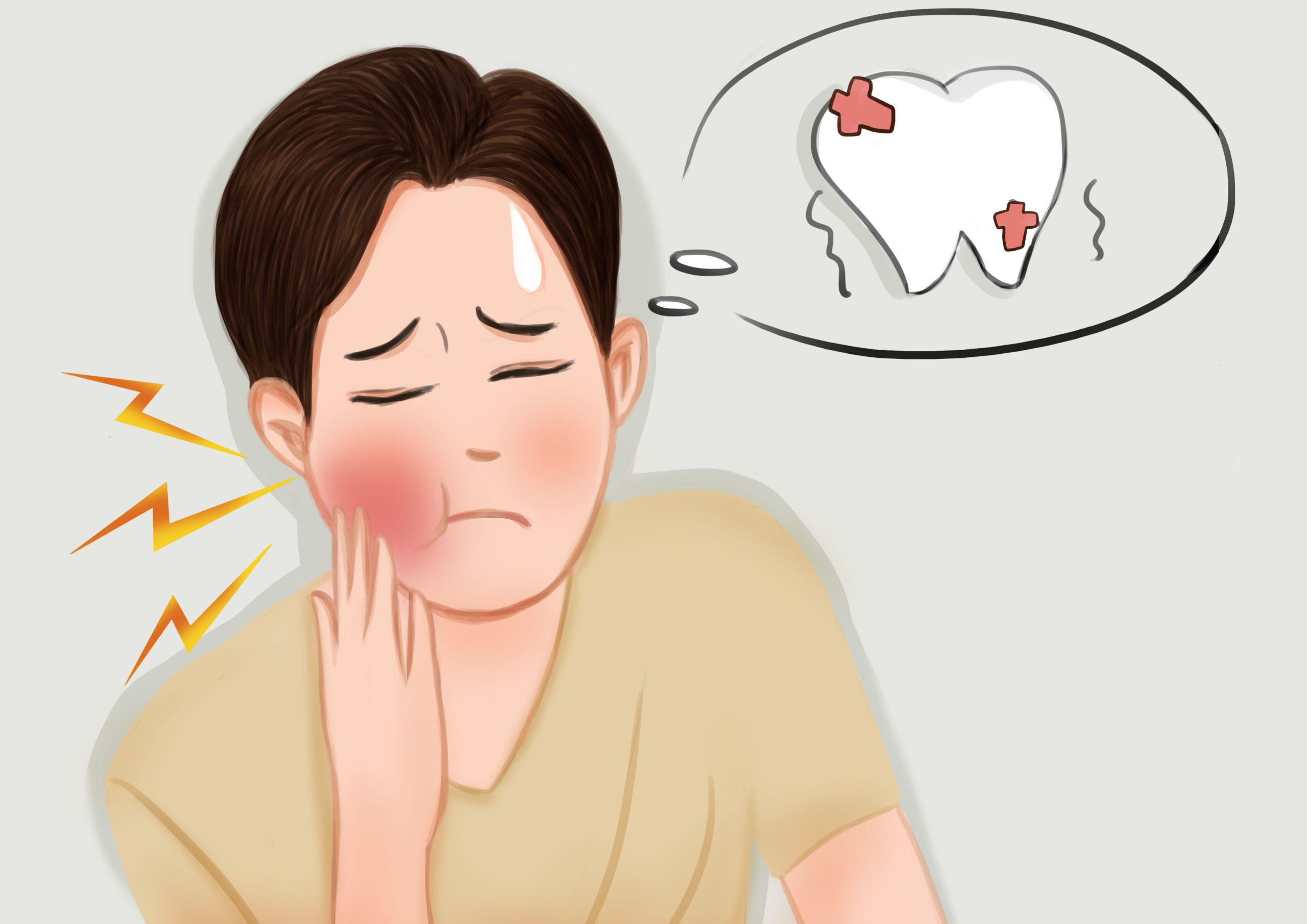
Understanding and Treating Gum Bleeding When Brushing
.jpg)
Short Battery Life and Motor Overheating in Electric Toothbrushes: How to Enhance Durability?
.jpg)
When Hose Blockages Meet Motor Overheating, How to Fix Fast?